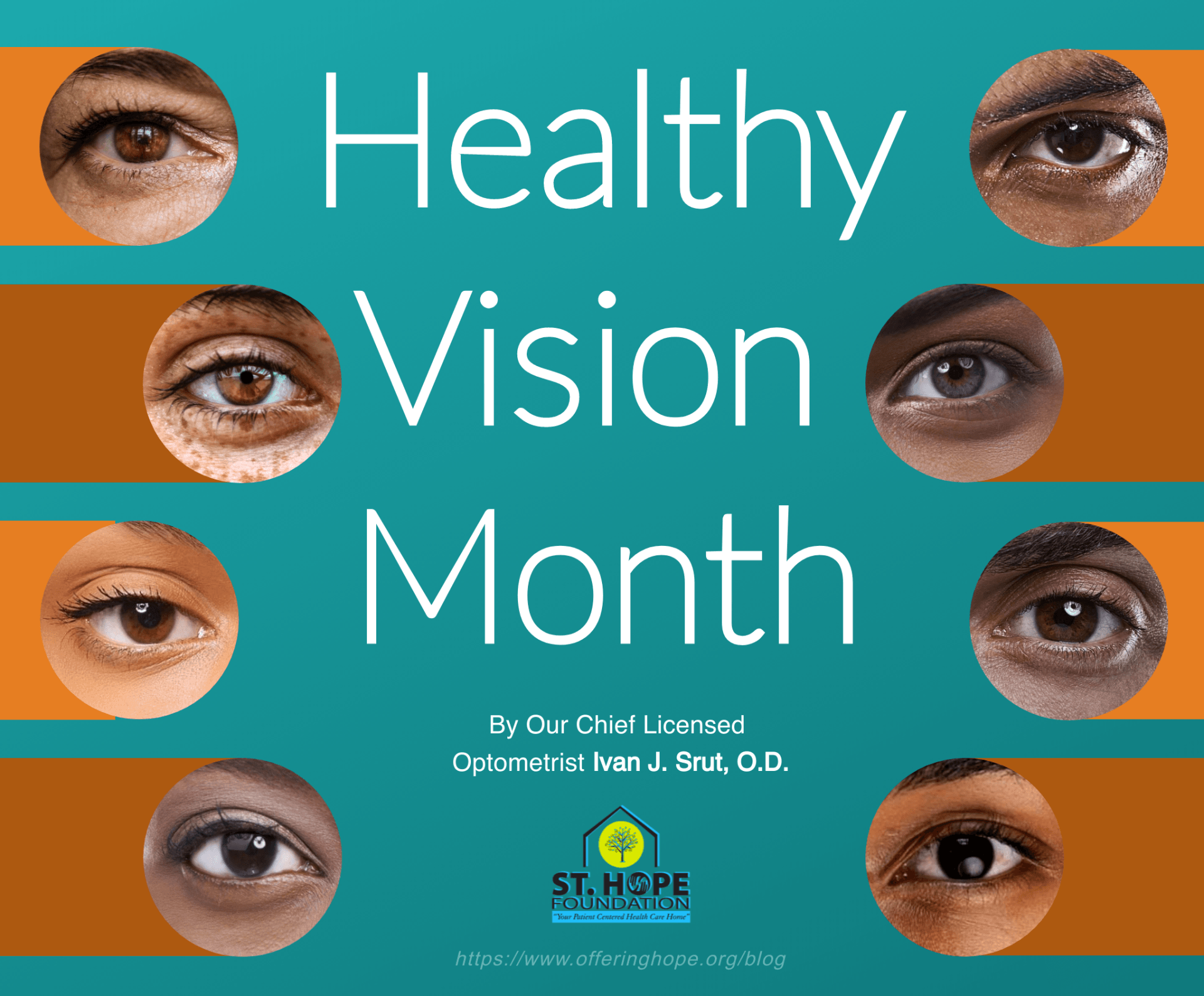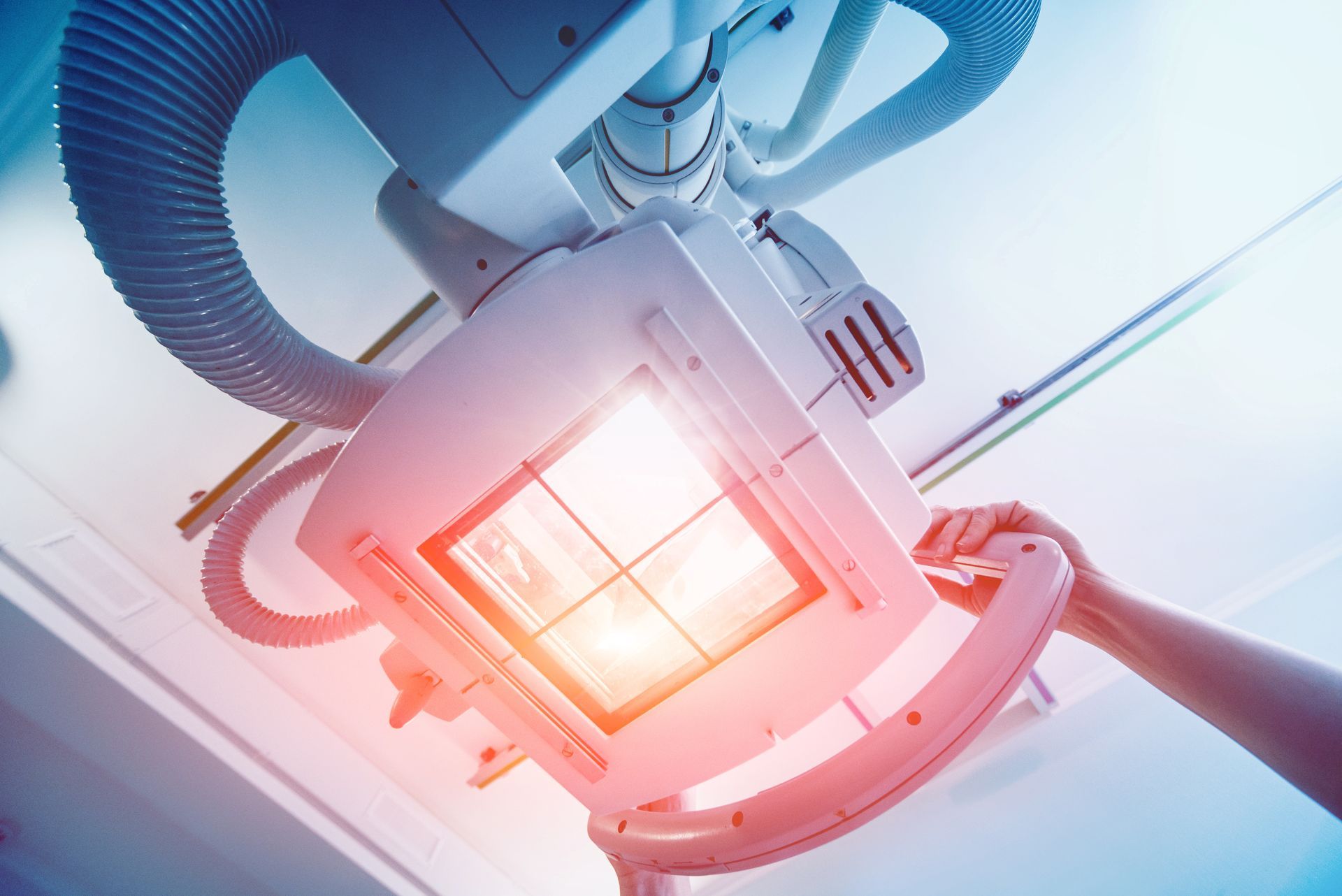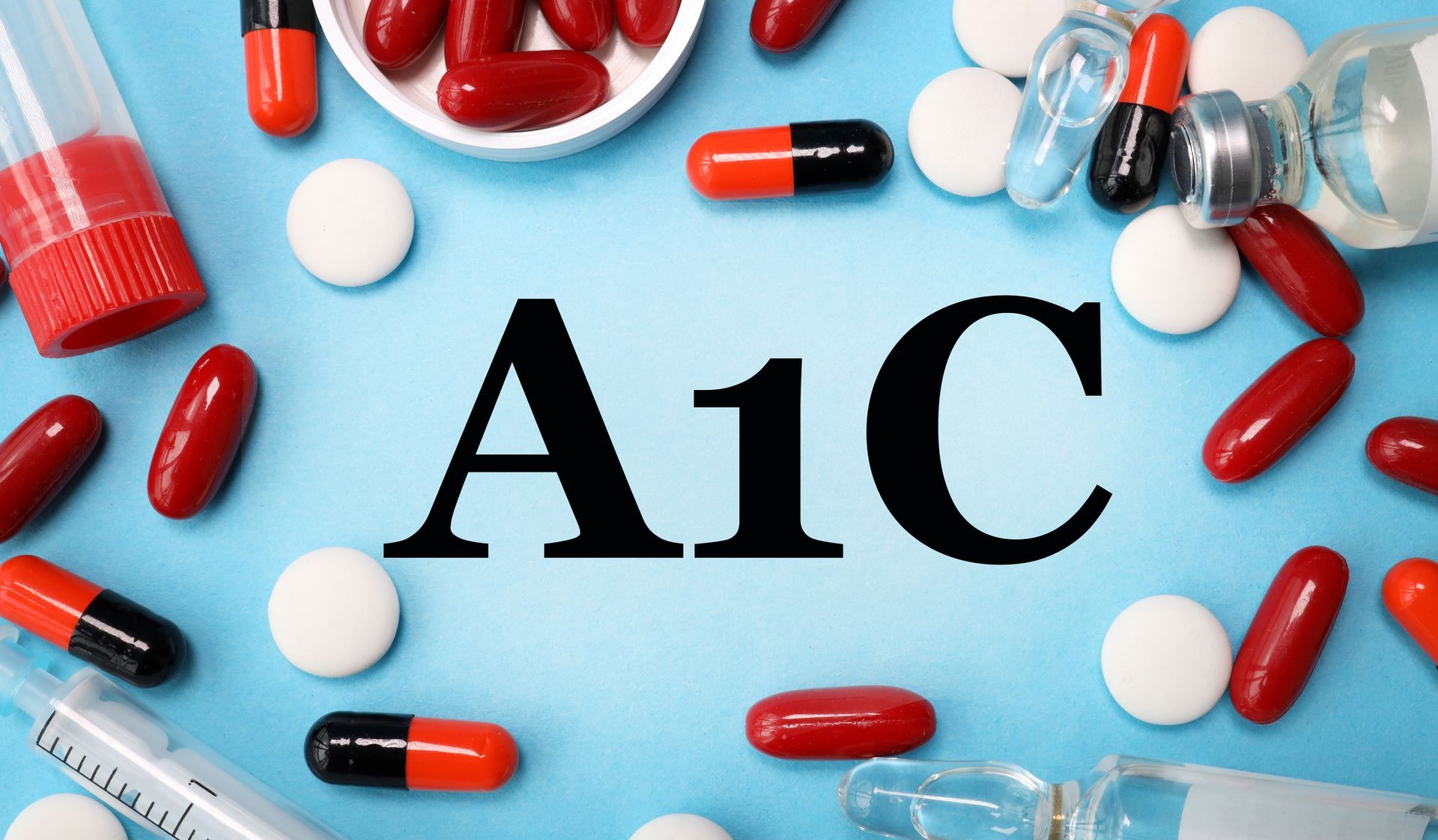Recent Posts
Healthy Vision Month

Yes, you guessed it, May is Healthy Vision Month! What does that mean exactly? It means that you prioritize taking care of the health of your eyes, just like you would any other part of your body with annual physicals or check-ups. If it has been a year or more since your last eye exam, you should definitely schedule an appointment with an eye doctor! Remember, good vision does not always equal good eye health!
Some eye conditions do not have symptoms of pain, or discomfort, and are not obvious to the person that has them such as glaucoma, early cataracts, or dry eyes. Someone that has diabetes, hypertension, high cholesterol, HIV, family history of eye disease, suffered a stroke or seizure, should come in at least once a year for a thorough, dilated, eye examination to check for any abnormalities! The doctor will determine if visits more frequently are necessary.
Dilation is the part of the exam when the doctor, or one of his/her assistants, will put drops in the eyes to enlarge the pupil, giving the doctor a much better view into the back of the eye(retina) where many diseases take form(like diabetic retinopathy, glaucoma, cancer, etc). If a person is not dilated, and the practice does not have a retinal camera to photograph the retina, something could be missed since the entire retina would be difficult to see.
Please don’t disregard the eyes when it comes to checking their health, as it could cost you your eyesight, literally. Unfortunately some people that have not been to an eye doctor in a while, or not at all, because they have good vision, have paid that ultimate price. When things are caught early, as in other health issues with our bodies, the outcome is often more positive.
We are looking forward to seeing you at the SHF location that is convenient for you! We should see you, at a minimum, once a year! Make your appointment today!
Until next time...









